(GLO)- Editorial: Gia Lai is a land rich in potential for developing rural tourism . But how can authorities, sectors and people implement appropriate and effective models?
Long road for Gia Lai to develop agricultural tourism
 Việt Nam•24/06/2024
Việt Nam•24/06/2024Regarding this issue, Gia Lai Newspaper reporter had an interview with planner Pham Thanh Tung - Deputy Director of the Institute of Agricultural Economics and Tourism, who is also a leading expert on farmstay as well as consulting on land development planning.
* Reporter: In your opinion, what outstanding strengths does Gia Lai have to be able to position its identity on the national agricultural tourism map?
Planner Pham Thanh Tung. Photo: NVCC
- Planner Pham Thanh Tung: The Central Highlands is an agricultural land with very special resources and values. Every province in this region has the potential and a solid foundation to develop agricultural tourism associated with its unique terrain and topography.
In particular, Gia Lai has outstanding strengths not only in the region but also in the whole country. Gia Lai's area ranks second in the country after Nghe An, but this land has less hills and mountains and has a larger agricultural land area, so the amplitude of agricultural development is very large.
Gia Lai is also a “volcanic land”. The volcanic landscape and geology here are very unique. Accordingly, the province should position the lake and volcano to combine tourism and agricultural development, taking that as a unique identity for the agricultural tourism picture.
Vietnam is an agricultural country, each land has its own richness and unique indigenous knowledge. Gia Lai needs to identify its own to focus on investment instead of spreading out to position its own identity on the national agricultural tourism map.
* Reporter: The main subjects of agricultural tourism are farmers. To develop agricultural tourism, what should farmers do?
- Planner Pham Thanh Tung: Agricultural tourism is quite new to Vietnamese farmers, not just Gia Lai. To avoid people doing it spontaneously, there should be widespread education for those who follow the direction of developing additional services on agricultural land.
It is necessary to guide farmers on how to do sustainable agriculture without destroying nature. At the same time, help them understand the true nature of agricultural tourism, which is not to invest too much in infrastructure, but to focus on creating a deep agricultural experience. That is what determines the value of this type.
In the agricultural tourism model, the most important part is not the accommodation and relaxation, but its “soul” is the experience. That is the experience of plowing, making products, eating like a farmer, living in a rural space.
Many localities in the country are eager to develop agricultural tourism, people focus on investing in infrastructure instead of investing in the core value of deep agricultural experience. This is a common mistake that should be avoided to help farmers save time and money.
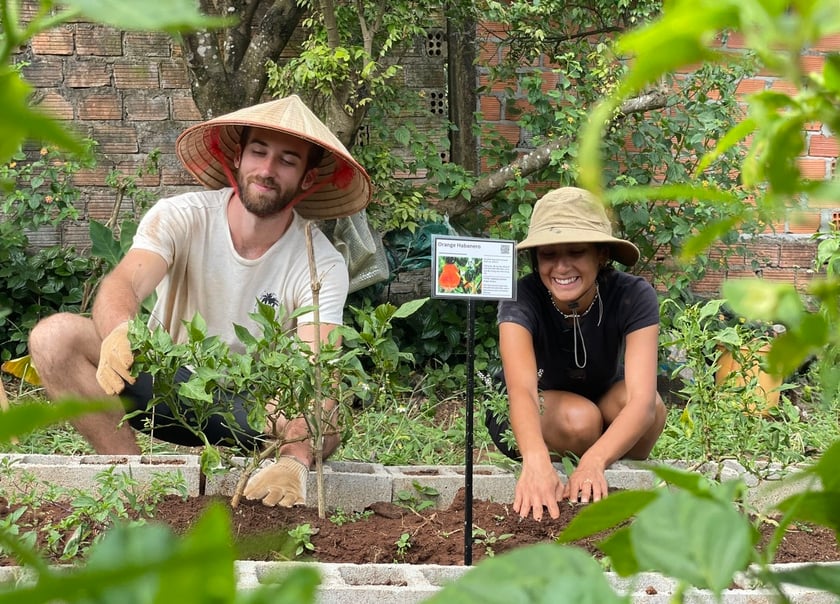 |
International visitors experience agricultural life at a farmstay in Gia Lai. Photo: Phuong Duyen |
* Reporter: The farmstay model is considered a product associated with agricultural tourism. But this is also a very new type of business, without specific regulations and standards. So how can people build this business model appropriately from the beginning, without wasting time "learning from experience"?
- Planner Pham Thanh Tung: We should understand farmstay according to the general definition: "Farmstay is a place to stay on an active farm". That means the farm must have agricultural production activities, have agricultural products, and then "rely" on these existing things to develop more services, create accommodation for tourists who want to experience farming activities. Whatever agricultural products the farm produces, let guests experience that.
We need to understand the global definition of farmstay and operate accordingly, not create our own national definitions. Because this is a potential business model for international guests, not just Vietnamese guests.
When doing farmstay business, people need to follow 2 steps: understand the theory correctly and then start doing it. The fastest way is to visit successful models to learn. Once they understand the theory correctly, they will be able to evaluate how much of this model or that model is correct and where it is wrong. In Vietnam, there are not many farmstays that have developed properly, so to learn these models, you need to understand them correctly to apply them.
Thus, in terms of the nature of agricultural tourism and farmstay business, people must create a very deep agricultural experience, helping tourists live the life of a farmer, experience daily work such as hoeing the land, growing vegetables, and enjoying the quiet space of the countryside.
They must be involved in farm activities and understand the principles of agricultural production. It is like a mini course within 1 day to experience the life of a real farmer. It is necessary to create such deep scripted experiences to create good agricultural tours and farmstay experiences.
This is also suitable for the current conditions of farmers. They are rich in knowledge and agricultural production skills but weak in services. So if you are a farmer without much money, I advise you not to try to welcome many guests, nor to build many motels. Just welcome 1-2 families as customers to buy agricultural products from the farm.
Bringing guests to stay at the farm in the way that if you buy 30 kg of avocado from my garden, you can visit and stay for free. If we keep welcoming guests like that, the benefit is that through tourism, we can sell agricultural products, "export" local agricultural products, and spread many other cultural values in the locality... Don't rush to think of large models that are beyond our capacity, but start with what we have first. From there, we can gradually form a value chain for agricultural tourism.
* Reporter: Thank you for this interesting interview!
Source: https://baogialai.com.vn/duong-dai-cho-gia-lai-phat-trien-du-lich-nong-nghiep-post282439.html
Same tag

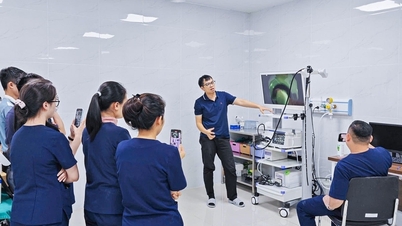
Same category

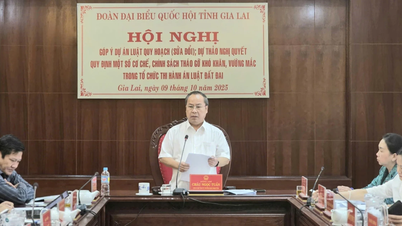






Same author
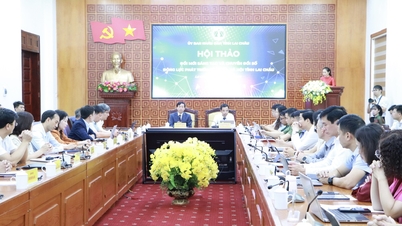





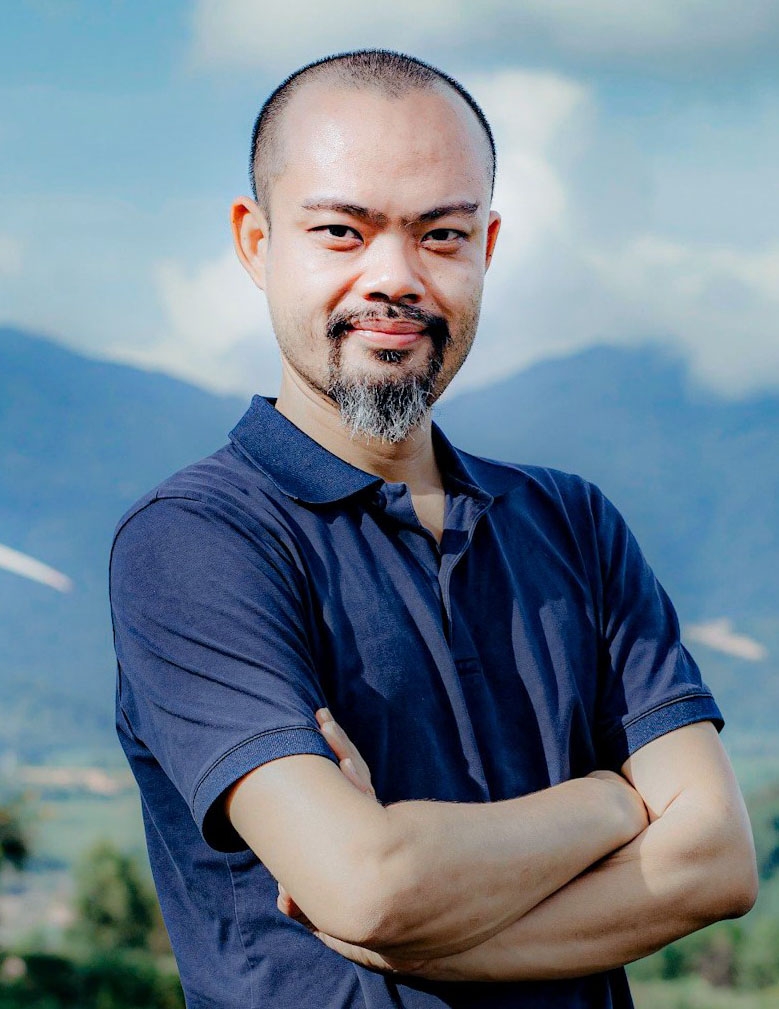
![[Photo] "Exposing letters" in the flood center of Lang Son](https://vphoto.vietnam.vn/thumb/1200x675/vietnam/resource/IMAGE/2025/10/10/1760080117518_ndo_br_z7101324112737-07cd4d1c01801a8ccf4ae0cbaf31c4a3-507-jpg.webp)



![[Photo] Unique Phu Gia horse hat weaving craft](https://vphoto.vietnam.vn/thumb/1200x675/vietnam/resource/IMAGE/2025/10/10/1760084018320_ndo_br_01-jpg.webp)
![[Photo] Ho Chi Minh City is brilliant with flags and flowers on the eve of the 1st Party Congress, term 2025-2030](https://vphoto.vietnam.vn/thumb/1200x675/vietnam/resource/IMAGE/2025/10/10/1760102923219_ndo_br_thiet-ke-chua-co-ten-43-png.webp)




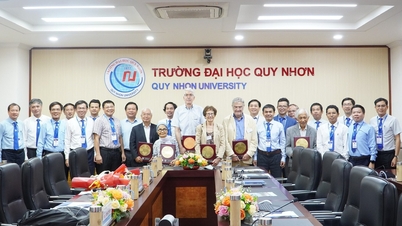

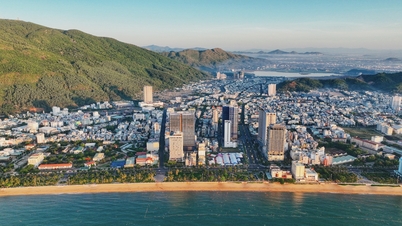




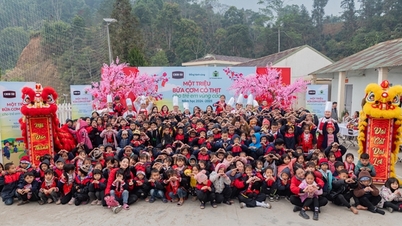



















































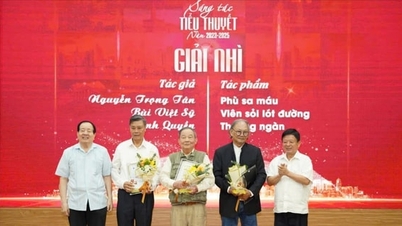



















Comment (0)